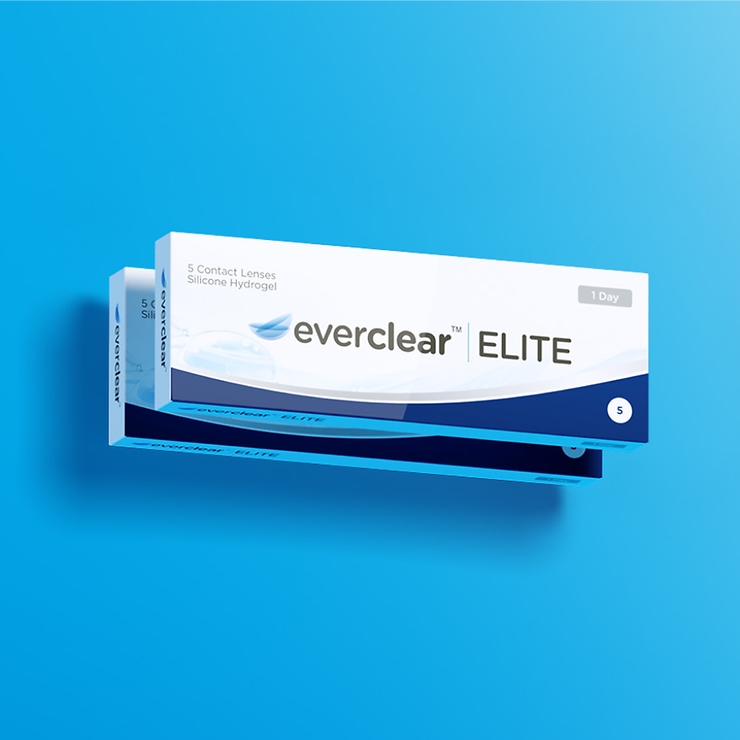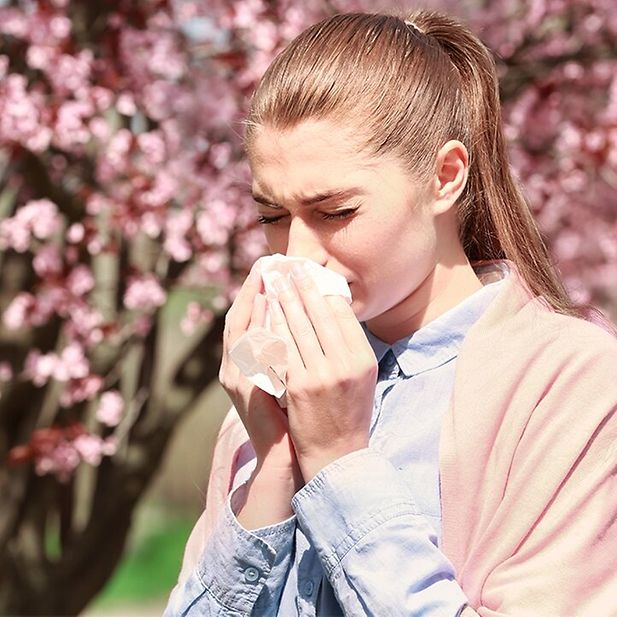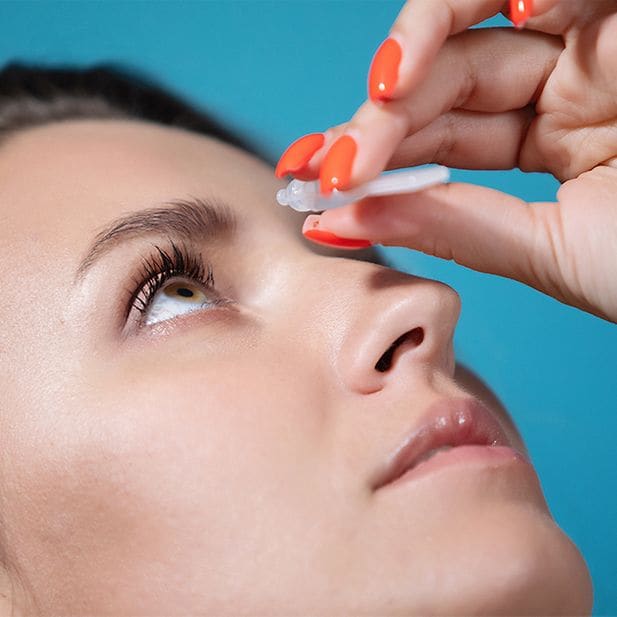Eye allergies are often caused because of allergic responses to other allergens and commonly run in the family. If you are aware of family members that suffer from allergies then it is likely you could inherit them.
An allergic reaction is normally caused by your eyes overreacting to a harmful substance even when it cannot affect other areas of the body. Dust is a prime allergen and it can result in your eyes producing tears if they are overly sensitive.
Other problems can be caused by allergens, such as asthma and conjunctivitis. When nasal and eye allergies are combined, a condition happens called rhinoconjunctivitis. Over 25% of people in the UK are known to suffer from at least one allergy. Of this 20% are expected to suffer from allergies that irritate the eyes.



